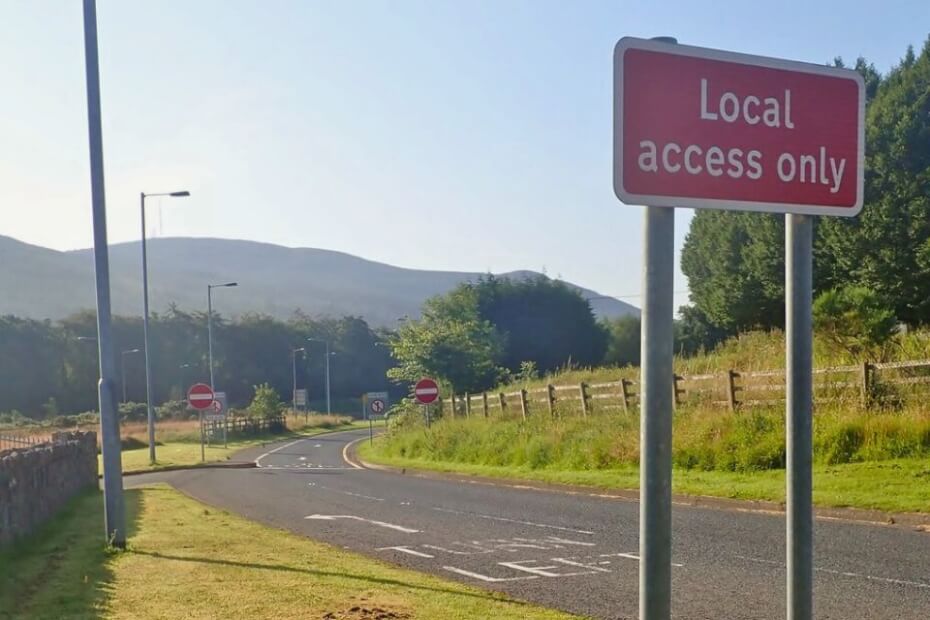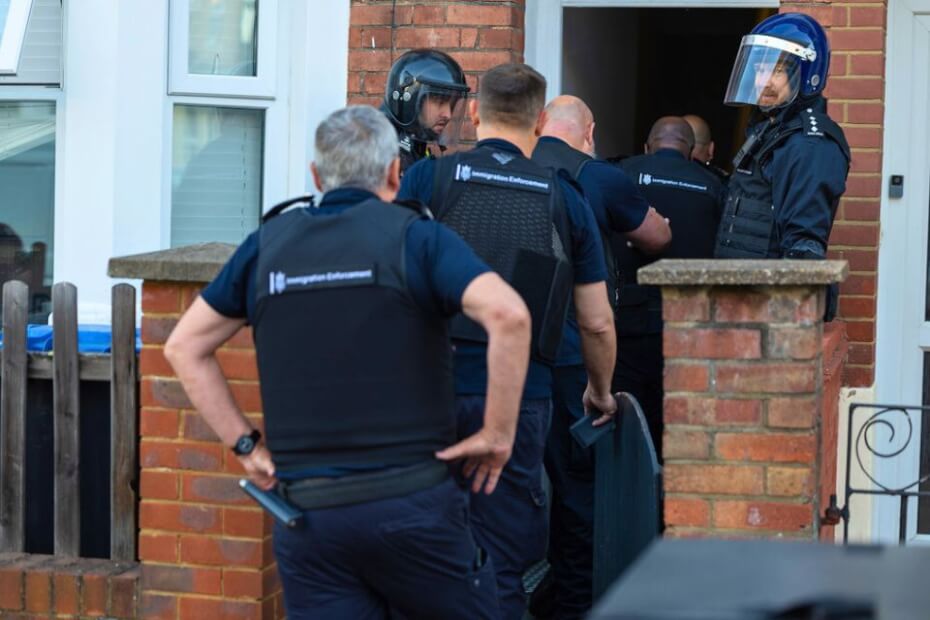
The United Kingdom (UK) Government announced a significant investment of £75 million in its newly created Border Security Command (BSC).
The investment aims to continue the crackdown on organized crime groups responsible for human trafficking and people smuggling.
In doing so, the government hopes to stop the dangerous small boat crossings across the English Channel.
Home Secretary Yvette Cooper described the new funding as a “major overhaul” of the UK’s border security systems.
“Criminal gangs are getting away with undermining our border security and putting lives at risk,” she said in a news release.
“The Border Security Command will deliver a major upgrade in law enforcement,” Cooper stated.
The new BSC funding comes from redirected funds initially allocated to the Illegal Migration Act of the previous government.
It builds on successful upstream disruptions announced at an operational summit at the National Crime Agency (NCA) headquarters, which the Prime Minister attended.
Border Security Command upgrades
The BSC investment will provide major funding boosts to the NCA, police, and other law enforcement agency partners.
The NCA will gain advanced technology and capabilities to strengthen UK border security and disrupt criminal gangs involved in people smuggling.
The BSC will use advanced surveillance technology and increase intelligence-sharing capabilities.
This includes new covert cameras, advanced monitoring tools, and new teams focusing on sharing intelligence.
It will also add more law enforcement officers to address the growing threat of human smuggling.
This translates to hiring more BSC officers under BSC Commander Martin Hewitt and more NCA specialist investigators.
Crackdown on the Common Travel Area

UK authorities have intensified their efforts within the Common Travel Area (CTA) to tighten immigration controls.
The CTA allows free movement between the UK, the Republic of Ireland, the Channel Islands, and the Isle of Man.
This has been exploited by criminal gangs, who use it as a route to smuggle people into the UK.
In response, a three-day operation in September 2024 led to the arrest of 31 people suspected of being involved in illegal migration and smuggling.
The operation occurred across major entry points and was led by UK Immigration Enforcement and supported by police forces.
During the operation, authorities seized £400,000 in illegal cash and several fake identity documents used to bypass border controls.
Dame Angela Eagle, the Minister for Border Security and Asylum, emphasized the seriousness of this issue.
“These gangs have no regard for human life or safety,” she said in a news release.
Eagle said they charge “outrageous fees and prey on those desperate to escape hardship, forcing them into dangerous and illegal situations.”
She also highlighted the government’s commitment to tackling smuggling on all fronts, through small boats and other routes into the UK.
“We will continue working relentlessly to ensure no one abuses the Common Travel Area or the UK’s borders,” said Home Office Immigration Enforcement Inspector Jonathan Evans.
Addressing shared border security issues
UK ministers are stepping up efforts to address shared border security issues and strengthening cooperation with international partners.
The UK is working closely with Europol and other European law enforcement agencies to bring down smuggling networks across borders.
This includes having more British officers at Europol by 50 percent to improve efforts against smuggling gangs across Europe.
This partnership is crucial, as many of the criminal organizations responsible for human trafficking operate internationally.
The UK and its European partners collaborate to intercept smuggling operations before they reach the UK.
The BSC will be central in coordinating these efforts, using new technology to track and stop people smuggling on land or at sea.
More efforts to reduce illegal migration

The UK’s new investment in border security is a significant step in the ongoing battle against illegal migration.
The British government is also increasing business inspections and imposing more severe penalties for violators of work visa rules.
Businesses found guilty of hiring undocumented workers could face hefty fines, business closure orders, or even prosecution.
This strategy aims to dismantle business models that profit from exploiting vulnerable individuals and those who come to the UK illegally.
Additionally, those caught working illegally could face detention and deportation.
This clampdown also forms part of a broader strategy to increase the number of deportations for people without the legal right to be in the UK.
Deportations are expected to reach their highest level in five years as a result of this renewed push.hout the legal right to be in the UK.
Deportations are expected to reach their highest level in five years as a result of this renewed push.

